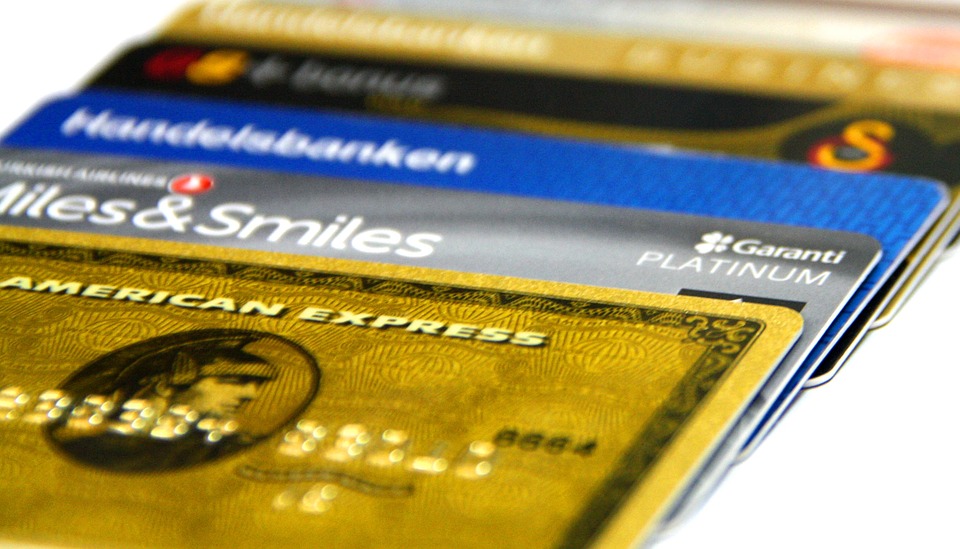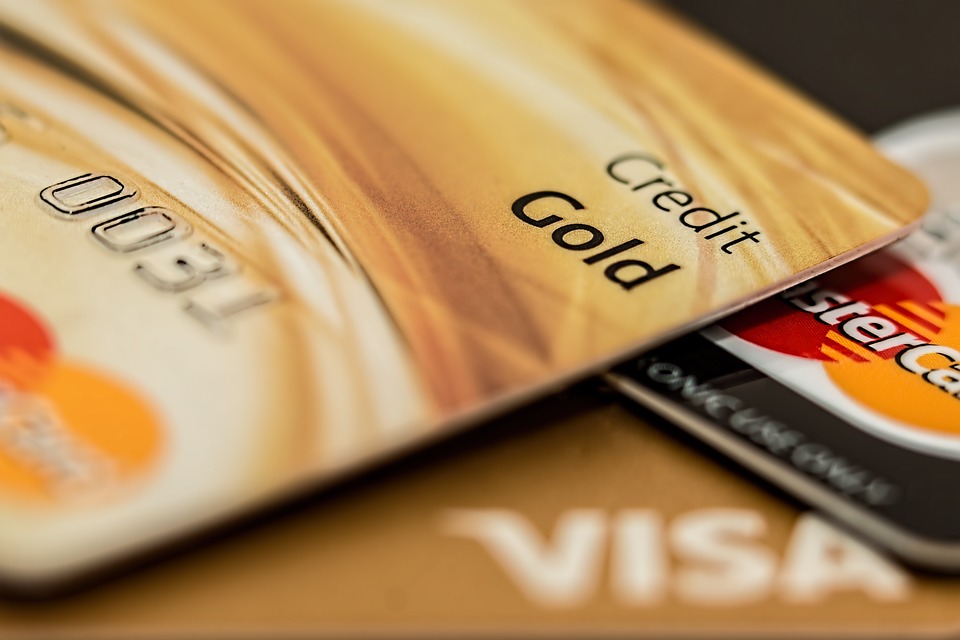Credit cards can be both your knight in shining armor, or your financial grim reaper, depending on how you use them. They are great to make purchases to gain points or to pay for things when your cash flow is a little low, but they can also get you into a substantial amount of trouble.
Statistics say that the average American carries as much as $16,700 in credit card debt. If you only make the minimum payment every month, paying it off is nearly impossible. And by the time you do pay it off, the fees will far exceed what you originally owed.
The biggest reason not to carry revolving debt on your credit card is that you are going to end up paying interest, which means that no matter if you compare credit cards, you will still pay way more for whatever you purchase is, rather than if you had just used cash. But that is not the only reason. These are five more reasons why it is important to not let your balance extend into another month.

Late fees
Many credit card companies hope for and rely on their borrowers missing a payment or two. Not only do the lenders get additional interest from you carrying a revolving balance, but they also sometimes set up arbitrary due dates that don’t coincide with the way that most people pay their monthly bills. If you miss a credit card payment, the penalties may not seem that steep. But when you add them up, they can really cost you. The minimum amount that a credit card company will charge you for a late fee is somewhere between $25 and $35 per month.
Interest rates
Most credit cards carry very heavy interest rates. Unlike other types of loans like a home equity or a mortgage loan, credit card interest can be as high as 23% or more. When you pay only the minimum on your credit card every month, what you may not realize is that the revolving balance is accruing interest monthly until you pay off that entire balance. That makes it nearly impossible to pay it off. Most often, paying the minimum is not even enough to cover the interest on a high balance.

It can negatively affect your credit score rating
Not only does carrying a revolving balance lower your credit score if you miss a payment, but it is also knocks it a little lower every time a payment is missed. When someone checks your credit score, they are looking to see how risky it is to lend you money. When you carry large amounts of credit card debt, lenders know that you are probably already in over your head. So, large balances affect your credit score negatively.
Also, if you miss a payment and there is a late fee reported to the credit agency, that tells a lender that you aren’t always reliable or responsible with your payment history. Both of those things combined can tank even someone who is very responsible with money or earns a good living. The key to your credit score is not to have any revolving balances or late fees, or you won’t get a good rate when you do need a loan. That will end up costing you more in the long run.
It is very easy to get in over your head
When you carry revolving debt, it is easy to budget monthly for your minimum credit card balance. The problem is that if you are only paying the minimum, it will keep increasing alongside the balance. Before you know it, you will be paying more per month and growing your overall debt at the same time. It is easy to see how things can get out of control quickly.
It will decrease your ability to borrow
Almost like a sliding scale, the more you owe, the less you can borrow. That can become problematic when you want to make a major purchase or even if you want to take out a loan to pay off your credit cards with a lower interest rate. The balances that you carry, negatively affect your ability to borrow, which can put you in a real jam should you ever need to borrow cash.
Credit cards appear convenient, and with all the perks they offer for cash-back bonuses, they must be a good idea, right? The truth is that credit cards are only good if you pay them off without carrying a revolving balance. Paying the entire amount every month is the only way to keep your finances safe and sound.

